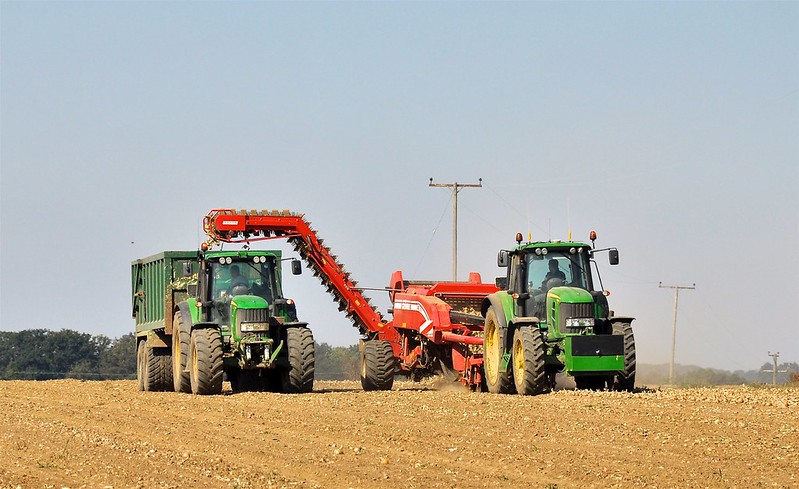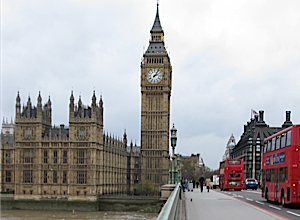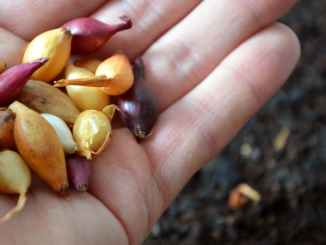
Vicki Hird, Head of Framing, Sustain
Farm policy in the UK just took a step forward into the post CAP era this week with the royal assent on the Agriculture Bill. Now an Act of Parliament, it represents a pretty radical new approach to farm support – paying farmers for the public goods or benefits they provide. This is a huge change from an area-based basic payment scheme, as the EU’s CAP prioritises. The idea is that farmers and land managers will be paid for public goods – in the main, environmental actions on soil, pollution, biodiversity, climate and more. There will be a seven year transition period from the old to the new system. Here, Vicki Hird unpacks the details.
The hopes of those working on farm policy for many years were high. The process started with a detailed consultation in 2018 called ‘Health and Harmony’ suggested a big shift in emphasis away from basic payments.
Sustain’s goals
Our goals were many in the Sustain Alliance but primary ones were to:
- boost agro-ecology with support for whole-farm systems, such as organic, that can deliver on multiple environmental, social and animal welfare benefits.
- get support for farming methods that promote public health, such as low antibiotic and pesticide use, and promotion of healthy fruit and vegetable production.
- ensure fair dealing through powers, duties and regulation to ensure fair trading practices throughout the food supply chain, to protect decent livelihoods.
- reinstatement of an form of agricultural wages board for England, to ensure better pay and conditions for farm workers.
- ensure that imports of agri-food products must meet the same high standards expected of British farmers, to prevent unfair competition.
- and we also at times pushed for multi-annual budgets, a regulatory baseline, targets on climate change and pesticide impacts, recognition of soil conservation and soil health, amendments to ensure higher animal welfare outcomes and better labelling, protection of the County Farms network, measures to boost new entrants, and to improve farmer training and skills.
We had big demands only some of which have been met.
What we got in the Act
The Act now lays out how the UK and the devolved administrations will transfer existing farm policies from Europe but it also change the way farming is supported and markets managed.
It identifies right up front, a dizzying array of outcomes – from soil health and climate mitigation to nature protection and public access to the countryside – that taxpayer support could now pay for. This is good news. It includes productivity and ‘ancillary’ support too. If the latter can pay for infrastructure for local and regional food systems to grow – like abattoirs and milling capacity – that would be a huge help.
It is worth noting that the support schemes, envisaged in the Act, have been developed by the Department in charge of Agricultural Affairs in the UK – DEFRA (The Department for Environment, Food and Rural Affairs) for the past 2 years – the English Environmental Land Management Scheme (ELMS) and other UK nations have been developing their own versions. ELMS is, slowly, getting finalised and the pilot scheme starts in 2021. I’ve been involved in the stakeholder engagement and it has been rather a tortuous process, not helped by changes in Ministerial leadership, by crisis after crisis taking away key staff and so on.
We have been worried by recent moves to change the emphasis of the schemes and to lower the ambition. We still know neither the budget available or how it is being allocated. Will tree plantations get more money than agroforestry? Will farmers be paid to not break the law or go beyond good practice? Will water protection get more than nature?
We may know more after a big Ministerial announcement expected soon. But farmers are rightly fed up with the uncertainly ahead and we absolutely do not want to see a mass exodus and further farm amalgamations. Farm diversity is key for nature, landscapes, rural cohesion and jobs and for new entrants.
Back to the Act.
After considerable pressure the Act now also includes measures for a fair dealing and a more transparent supply chain. This is critical as farmers get so little of the food monetary value (average of 8% of total food spend), take many of the risks and get abused by those beyond the farm gate. There should now be sector based statutory Codes of Practice developed and an enforcement body and will complement the work of our Groceries Code Adjudicator. All this echoes some of the measures in the European Unfair Trading Practices Directive which we had hoped to see implemented here.
Gaps in the Act
We’ve had come concessions but overall we have not got protection for our relatively higher standards, such as on animal welfare, from damage by new trade deals, such as with the US or Australia, or from lower standard imports. We are concerned about many issues including pesticides and antibiotics used and far lower or absent animal welfare rules. Despite a huge collective effort there are no red lines. We will have a more detailed scrutiny processes but parliamentarians are unlikely to be able to block deals.
Many of the good measures in the Act are powers, not duties so Ministers don’t actually have to do any of it. Accountability is sadly lacking. On funds, there is a measure in the Act to look at long term budgets – but no sure fire way to measure and secure what is needed. And we know we need a lot to help farmers in the transition, provide independent advice and frankly reverse years of bad practice and policy. Nature, livestock and farming communities need it.
We all also wanted strong regulatory baseline which is absent. Without this how will you know what you are paying for is more than legal compliance? And how will we measure success? Our monitoring and environment bodies are badly weakened by years of cuts. A new Office for Environmental Protection – heralded in the upcoming Environment Bill alongside environmental targets – will have huge hopes riding on it.
But overall we also lack a true vision for a good food and farming system and for wider land use. The EU Farm to Fork is an inspirational set of objectives and aspirations (though whether the CAP reforms will deliver is another question). But we need such a vision here, championing whole farm agro-ecological farming, healthy food provision, targeting big reductions in harmful processes and so on. So far we don’t have that.
Yes, we have a brand new law and many exciting new schemes and policies still in design. UK farmers will need to get aware (such as at the January Oxford Real Farming Conference), get involved, get ready to show what public benefits they can deliver and get on with some good business planning. The Sustain alliance and partners will remain active on all these measures to ensure they are working.
Vicki Hird is an award winning author, expert, strategist and senior manager who has been working on environment, food and farming issues for over 25 years. As part- time Sustainable Farm Campaign Coordinator at Sustain, Vicki manages the farm policy and related campaigning and provides comment and guidance on these issues. She has an academic background in pest management and is a Fellow of the Royal Entomological Society and the RSA. Vicki is on the board of Pesticides Action Network, and the Keo Foundation, was chair of the Eating Better Alliance and has sat on numerous government advisory groups over the years. She also runs an independent consultancy undertaking campaigning and research. Follow Vicki on Twitter @vickihird and sign up to updates here.
More on Sustain
More on the UK
‘Too good to be true’ – The UK Co-op Helping New Entrants Get Access to Land
What would really happen to GHG Emissions if England and Wales went Organic?
UK | RSA Report finds ‘Our Future in the Land’ should be Agroecological





2 Trackbacks / Pingbacks
Comments are closed.